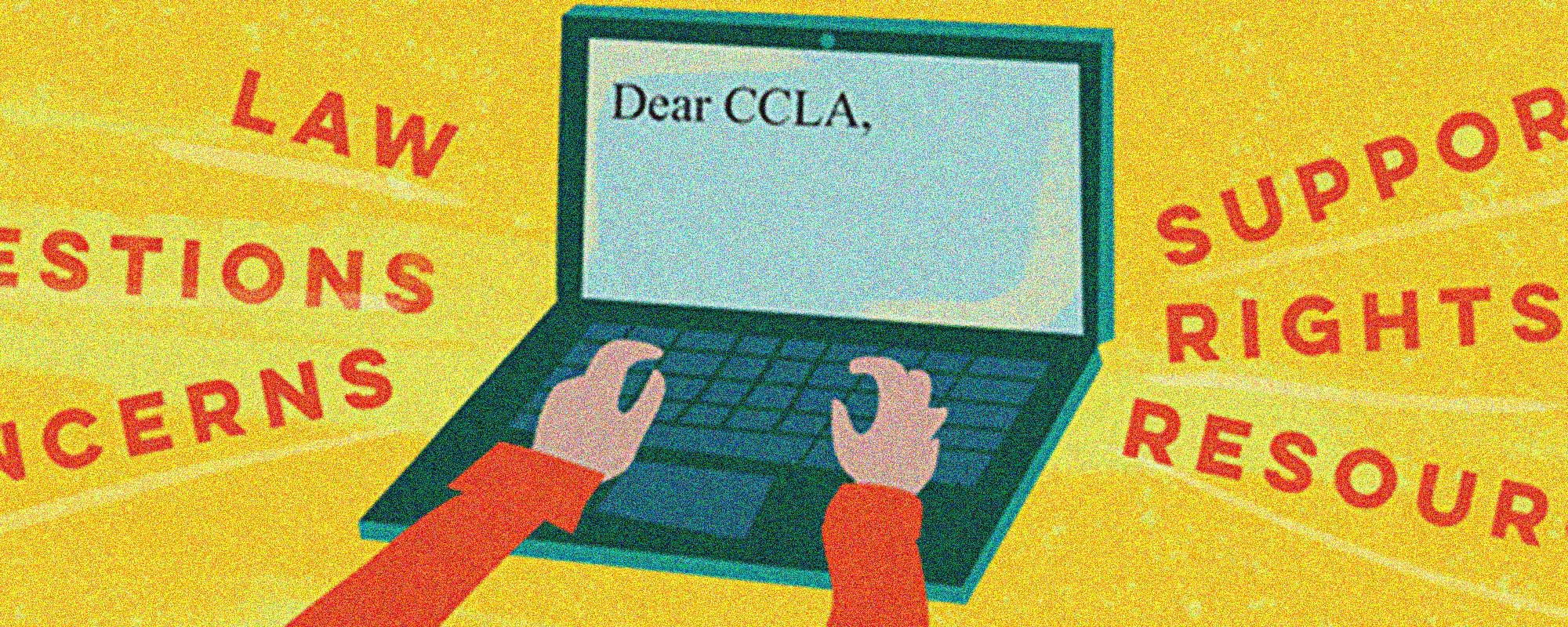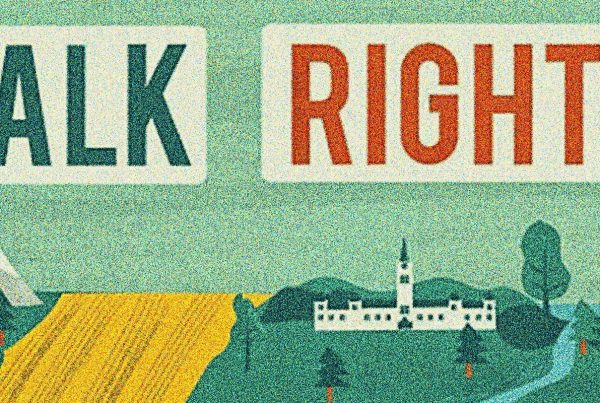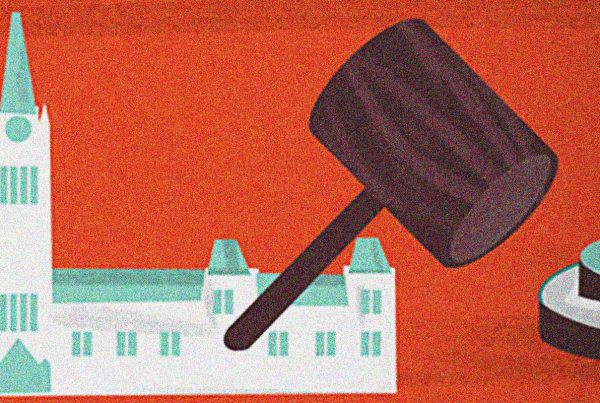TalkRights features content produced by CCLA volunteers and interviews with experts in their own words. Opinions expressed here do not necessarily represent the CCLA’s own policies or positions. For official publications, key reports, position papers, legal documentation, and up-to-date news about the CCLA’s work check out “THE LATEST” section of our website.
Check out our growing collection of useful links and resources about privacy rights compiled by Talk Rights volunteers, including related organizations, government resources, guides, and legal information. Is there something that should be on this list, but isn’t? Contribute at talkrights [at] ccla [dot] org. For CCLA’s own materials on national security, visit the national security pages on our website under “Our Work“.
NATIONAL SECURITY ORGANIZATIONS
- Canadian Security and Information Service (CSIS) website. CSIS is Canada’s human intelligence agency. It investigates suspected threats to Canada’s national security and advises the federal government on possible courses of action.
- National Security Branch of the RCMP, National Security Investigation Service. The RCMP has jurisdiction to criminally investigate national security concerns. The use of this authority has been somewhat controversial in recent years because of a blurring in the lines between the RCMP and other national security agencies.
- Communication Security Establishment (CSE). This is Canada’s signals intelligence organization.
- Website for the Canadian Border Security Agency (CBSA), which enforces “more than 90 acts and regulations that keep our country and Canadians safe.”
- Annex to the Government of Canada’s Counter-Terrorism strategy listing all 21 departments and agencies with national security responsibilities
- The Government’s new plan for increased accountability and transparency. Most notably, the Government would amalgamate a fractured review system into one called the National Security and Intelligence Review Agency (NSIRA). The plan is aimed at streamlining and facilitating review for a more effective process overall. These changes would be implemented in Bill C-59, a new national security act currently before Senate.
- The Website for the National Security and Intelligence Committee of Parliamentarians (NSICoP), made up of participants from both houses of Government. The NSICoP was created to assist in the review of National Security matters.
GOVERNMENT OF CANADA LINKS
- A link explaining the National Security Act, 2017 including the problems it tried to remedy, a brief discussion of the CSE, and the Charter statement presented by the Minister of Justice. The Act tried to correct a number of problems with its predecessor, the National Security Act, 2015.
- A database containing all publications and reports from the Government of Canada on the issue of National Security. These publications address the current state of Canada’s National Security strategy, highlight its pitfalls, and give it direction, amongst other things.
INQUIRIES
- The Arar Inquiry, report presented by Commissioner Dennis R O’Connor concerning Maher Arar, who was detained in New York on suspicions of terrorism and extradited to Syria. Arar was detained for over 10 months in inhumane conditions and tortured routinely before being declared “completely innocent” by Syrian officials. A public inquiry was launched where Arar was exonerated and the failure of Canadian officials to take proper action was highlighted.
- Almalki, El Maati, Nureddin Inquiry, concerning three men who were detained and tortured in Syria. The report was chaired by former Puisne Supreme Court Justice Frank Iacobucci. The report focuses on the inhumane conditions imposed on the Canadian citizens during their detainment and the deficiencies of Canadian Officials that contributed to these human rights violations.
- The Air India Inquiry by retired Justice of the Supreme Court, John C Major, into the deadliest terrorist attack ever carried out on Canadians. A bomb was set off in an Air India flight while off the coast of Ireland. A total of 329 people were killed, including 268 Canadians. The inquiry revealed that the bombing could have been avoided had it not been for serious intelligence failures by Canadian agencies.
IMPORTANT LEGAL CASES
- Bora Laskin law library resources on the case of Canadian citizen Omar Khadr. At 15 years old, Khadr was the last citizen of a western state to be detained at the infamous American Guantanamo bay prison. The prison has been widely criticized for its inhumane conditions and prisoner mistreatment. This page contains a wealth of information, including a timeline of events, court decisions, and the amicus brief.
- X(re): a decision by the Federal Court limiting the scope of CSIS information collection powers. The judge ruled that CSIS could conduct espionage on foreigners and non-threats, but that the investigation had to be wholly within Canada. Large parts of the judgement are censored to protect sensitive information, but Noel J. is clearly confining CSIS to a narrower scope of operation.
- R v Stinchcombe [1991] 3 SCR 326, is a landmark Canadian case concerning the disclosure of evidence. The Supreme Court of Canada ruled unanimously that an accused has a right to mount a full defence, which includes a duty to disclose on the part of prosecution. The issue is controversial in National Security matters because the legal system needs to strike a balance between an accused’s right to a fair trial, and the need for some clandestine operations where the protection of the Country is concerned.
- Additional Resources from the Ontario Justice Education Network: http://ojen.ca/en/resource/landmark-case-crown-duty-to-disclose-r-v-stinchcombe
- Kazemi, et al v Islamic Republic of Iran, et al: Supreme Court decisions awarding damages to the estate and son of Zahra Kazemi, who was imprisoned, sexually assaulted, and tortured in Iran. Mrs. Kazemi tragically died over the course of her imprisonment, and a case was filed on her behalf. The decision highlights the atrocities of torture as well as its continued existence.
WEB RESOURCES (REMEMBER, FOR CCLA RESOURCES, CHECK OUT “OUR WORK“)
- Amnesty International is an enormous body of resources concerning abuses of human rights across the globe. Since their beginning in the ‘60’s, they have advocated for a variety of issues, many of which relate directly to National Security concerns in Canada.
- National Security law blog by Craig Forcese, professor of National Security law at the University of Ottawa’s common law faculty. Professor Forcese has been widely recognized for his work in advancing human rights in national security and for his contributions to the understanding of national security law and policy.
- Open Canada, which produces multi-media content to explain and contextualize emerging and persistent international issues. National security and its collateral consequences are issues at the top of Open Canada’s agenda.
- The Canadian Human Rights Commission’s special report to parliament addressing human rights accountability in National Security Practices. The report addresses a number of concerns echoed by the CCLA, including the relationship between national security, human rights, and the rule of law.
SPECIAL TOPICS
DISCRIMINATION, LISTING, AND PROFILING
- The University of Alberta explores the Canadian listing process. Listing involves creating a summary of terrorist entities to streamline one part of an exceedingly complex national protection framework. Experience indicates that lists are more often used during Immigration and Refugee Board decisions and have led to systematic discrimination against targeted groups.
- A report by the Canadian Human Rights Commission discussing the effectiveness of profiling from a national security perspective. Profiling has been used by law enforcement since well before 9/11 and theoretically focuses efforts to produce more effective national security. In practice, it has led to severe discrimination and systematic racism. The report asks: is it worth it?
- A talk by Azeezah Kanji on the inherent racism in National Security in Canada. Kanji is an academic with a master’s in law who focuses on issues of national security. She is also the director of programming at the Noor cultural center. This speech was delivered at the International Civil Liberties Monitoring Group’s annual general assembly.
- An article discussing racial profiling in Canada’s war on terror in the wake of 9/11. The article is dated but still immensely relevant and makes important points concerning the futility of profiling in national security efforts.
DUE PROCESS, FAIRNESS, AND COUNTER-TERRORISM
- The Canada Evidence Act regulates the admission and exclusion of evidence in court proceedings. Evidence in National Security proceedings has been controversial. Because of the nature of National Security, defendants may be unable to access and review all of the evidence presented against them.
- A paper by two of Canada’s leading experts on National Security law and policy, Kent Roach and Craig Forcese, responding to the Government’s proposed amendments to the intelligence to evidence process in court proceedings.
- The University of Toronto’s faculty of law discusses the Charkaoui case, which challenged the constitutionality of the Security Certificate Regime. The regime permitted for immigrants to be denied access to Canada and detained on grounds of national security. The Supreme Court held unanimously that the regime violated the rights guaranteed in section 7 of the charter. However, the regime continues to exist in a modified form.
- An article by Kent Roach discussing Section 7 of the Charter of Rights and Freedoms and national security in Canada. The paper compares two threads of jurisprudence in the interaction between these seemingly conflicting principles. Roach concludes with optimism that the rights in Section 7 will prevail over the human right violations of national security.
TORTURE
- The BBC introduces and explains torture. This resource takes an interesting look at torture through the lens of the common law. Torture has been condemned by legal systems and jurists for centuries, yet it persists.
- The website for the Canadian Centre for Victims of Torture (CCVT), based in Toronto. The CCVT provides a variety of services to victims of torture, war crimes, and genocide including education, research and training.
- The UN convention against torture, ratified in 1984. Canada is one of the many member countries to have ratified and adopted the convention which prohibits torture and other cruel and unusual punishments.
- A webpage discussing the infamous torture memos, prepared in the wake of 9/11 to advise the American President and his legal staff on the permissibility of “enhanced interrogation techniques” more commonly known as torture. The memos state that these techniques could be permitted through a general interpretation of presidential authority and are thought to have strongly influenced the atrocities committed at Abu-Ghrabi. Though they are American, the memos are relevant in showing how quickly human rights can be forgotten in matters of national security.
- Report of the Committee against Torture by the United Nations. The report was prepared with the assistance of submissions by the CCLA, who warned against the dangers of failing to effectively condone torture. CCLA also took a strong stance against the sharing of information that could lead to torture pursuant to the findings in the O’Connor inquiry.
- Canada’s Ministerial Direction to the Canadian Security Intelligence Service: Avoiding Complicity in Mistreatment by Foreign Entities
About the Canadian Civil Liberties Association
The CCLA is an independent, non-profit organization with supporters from across the country. Founded in 1964, the CCLA is a national human rights organization committed to defending the rights, dignity, safety, and freedoms of all people in Canada.
For the Media
For further comments, please contact us at media@ccla.org.




